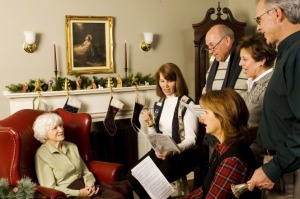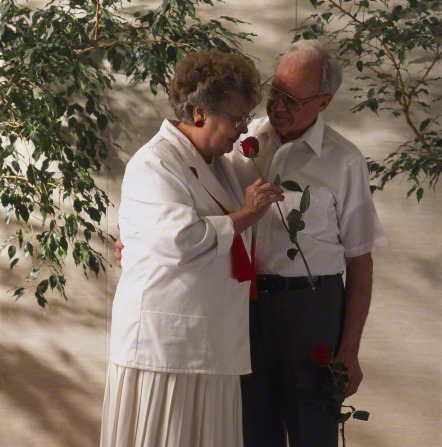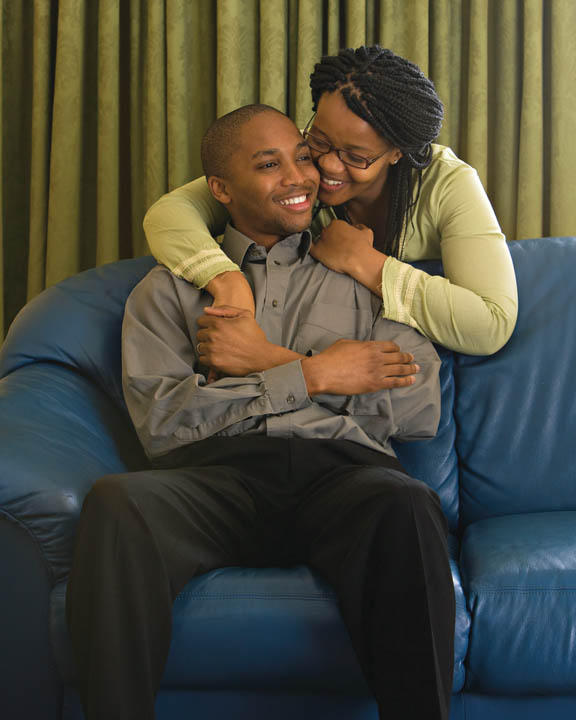I was born and raised in Nevada, USA. October 31st is not Halloween for me. It is Nevada Day—the anniversary of Nevada’s statehood. As a child, the Nevada Day Parade is what was on my mind; not trick-or-treat. Halloween was an afterthought—usually pretty anticlimactic. Those who lived in Carson City (the state capital) celebrated Halloween on October 30, instead of Nevada Day. As an adult, I went through the motions of Halloween for my children, but it was never my favorite activity. My husband’s childhood tradition was hot apple cider and donuts, so I always made sure that was part of our tradition when they came home from walking the neighborhood. Being married is like that—you learn to adjust your traditions to accommodate for the traditions of your partner and to give happiness to your children. That’s just part of marriage.
For many years, we participated in our congregation’s “Trunk-or-Treat” party a few days before Halloween, decorating our vehicles and distributing candy to children in the church—in addition to handing out candy on Halloween. Our neighborhood used to get around 200 trick-or-treaters each year. The demographics of the neighborhood have changed, but we still get about 80 children coming to our door. Now that we are on a fixed income, I’ve decided that we need to either support the church party, or hand out candy at the house, but we really can’t afford to do both.
The last couple of years, we have found alternate activities to Halloween so that we are not home for the neighborhood children. I admit to feeling slightly guilty about not handing out candy at the house, but the budget only stretches so far. We make a point of actually leaving the house, because I would feel horrible to be there and not answer the door.
 This change in our routine for Halloween has resulted in very fun date nights for us. The first year we picked up take-out Chinese food, took it to a local park, sat in the rose garden and ate while watching Trick-or-Treaters walk the street by the park. Then we took a ride on some country roads we had not previously traveled. We stopped for ice cream to go with the pie I had packed with us on the way home. Last year we did a similar activity. I don’t know what we will do this year. I write these articles weeks and months in advance, so it is actually only August 22nd—plenty of time to plan. Whatever we decide to do, it will probably not be the traditional Halloween that we had with our children.
This change in our routine for Halloween has resulted in very fun date nights for us. The first year we picked up take-out Chinese food, took it to a local park, sat in the rose garden and ate while watching Trick-or-Treaters walk the street by the park. Then we took a ride on some country roads we had not previously traveled. We stopped for ice cream to go with the pie I had packed with us on the way home. Last year we did a similar activity. I don’t know what we will do this year. I write these articles weeks and months in advance, so it is actually only August 22nd—plenty of time to plan. Whatever we decide to do, it will probably not be the traditional Halloween that we had with our children.
Traditions are moveable, bendable, changeable, and living things in a well-adjusted marriage. Thanksgiving, Christmas, Easter, are all wonderful family holidays to be enjoyed and cherished. Family traditions are important. They help to bind our families together and unite us—but families change with time. It is important to recognize the needs of your partner and your children as time moves forward. While I love it when all my family is gathered in my home for an important holiday event, I also understand that now that they are married and have families of their own, they need to have family traditions of their own. They also need to spend some of those holidays with their spouses’ families.
These same family traditions that are supposed to unite our families can become burdensome and a source of contention and bitterness if we are not willing to accept change. Traditions need to be all inclusive, as well. As family members are added through marriage, those new family members need some of their family traditions included in our celebrations. Marriage is about family, and family is about learning to love each other and to learn from each other.
 When someone new comes into the mix, they bring a whole lifetime of traditions and even recipes with them. Switching things up to include some of those new things is a bonding experience and a renewed foundation for building the family unit. Don’t be afraid to try something new. Don’t be afraid to give up something that you’ve done for many years just for the sake of tradition. Family traditions lose their meaning and purpose if they become a source of contention.
When someone new comes into the mix, they bring a whole lifetime of traditions and even recipes with them. Switching things up to include some of those new things is a bonding experience and a renewed foundation for building the family unit. Don’t be afraid to try something new. Don’t be afraid to give up something that you’ve done for many years just for the sake of tradition. Family traditions lose their meaning and purpose if they become a source of contention.
Any time you get family together “stuff happens.” Be flexible. Have a sense of humor. Things don’t always go according to schedule or as planned. Mistakes happen. Dinner burns. Children throw up. The dog jumps up on the counter and eats the meat. Traditions are only the means to an end; not the end itself. Traditions should be a catalyst for lively family fun and learning. It’s not about the tradition; it’s about uniting the family and strengthening marriage.
As important as the establishing of any tradition, no matter how creative or enlightening the event itself is supposed to be, parents must never lose sight of the spirit in which the activity is conducted. How easily we overshadow the beauty of any special occasion when we allow force, anger, or impatience to intrude. If the children are not perfect, the food cooked just so, or the decorations quite what you had imagined them to be, remember how much more important it is that you are all together sharing this sweet tradition. And prepare a little better next time (Ensign Mar. 1986, “Traditions Worth Keeping”).
Make family traditions part of your marriage. It’s a good way to build a strong family. Just be sure to build some flexibility into the plan. Marriage and family is like a big expansion bridge which requires movement or “elastic range” to keep it from total collapse in case of earthquake. Traditions are the columns and footings on the family bridge. Flexibility or “elasticity” in those traditions allows the marriage and family to expand and grow stronger during the hard times instead of being torn apart by adversity.
About Tudie Rose
Tudie Rose is a mother of four and grandmother of ten in Sacramento, California. You can find her on Twitter as @TudieRose. She blogs as Tudie Rose at http://potrackrose.wordpress.com. She has written articles for Familius. You will find a Tudie Rose essay in Lessons from My Parents, Michele Robbins, Familius 2013, at http://www.familius.com/lessons-from-my-parents.
Twitter •







